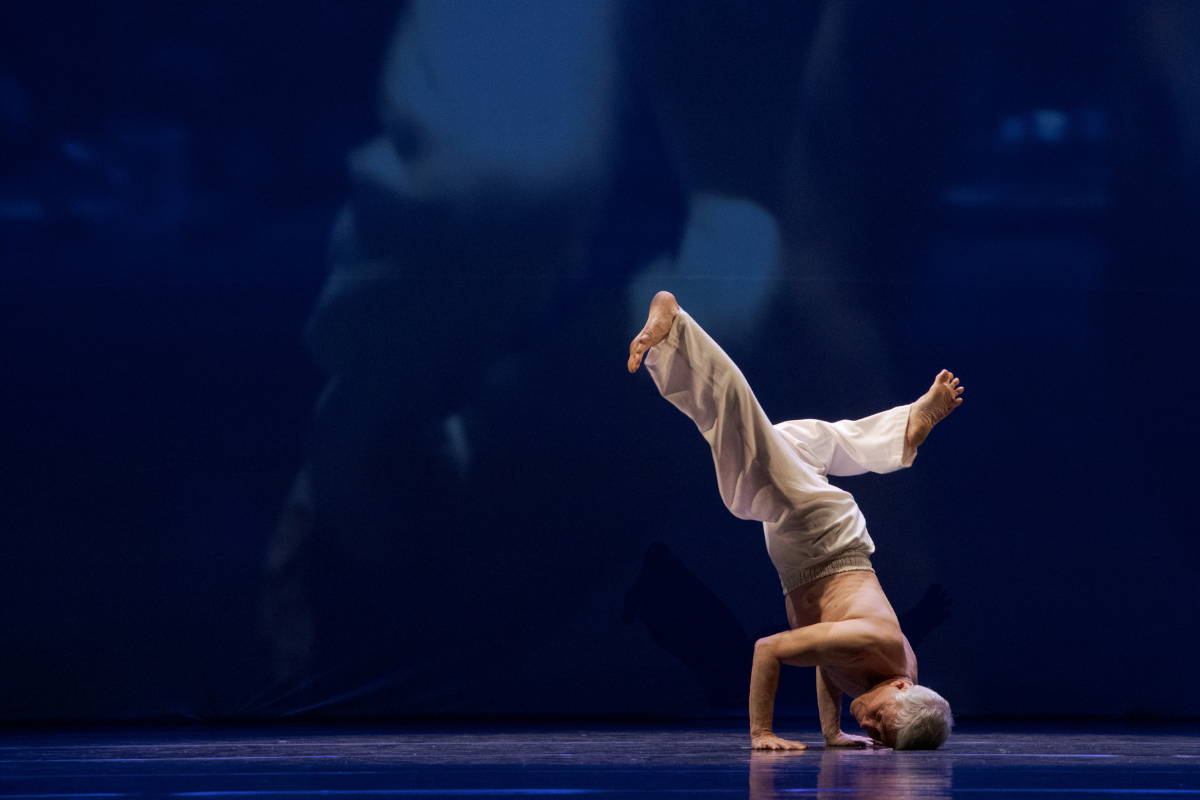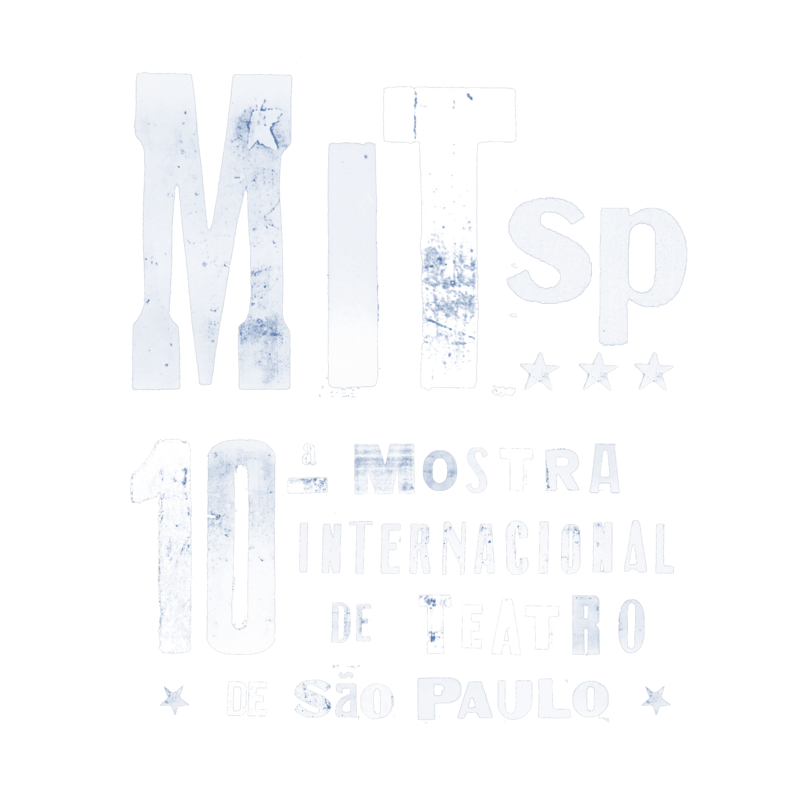MITbr - Brazil Plataform
Mestiço Florilégio
ARTIST: Antonio Nóbrega e Rosane Almeida
70 min | Age Rating: All Ages

17 and 18/3, Monday and Tuesday, 9pm
PLACE: Teatro B32
The screening on 17/3 includes Libras [Brazilian sign language] and audio description.
SYNOPSIS
Romantic poets often used the words florilégio and ramalhete to mean a collection or anthology of poems. The multidisciplinary performance by Antonio Nóbrega and Rosane Almeida brings together songs, instrumental pieces, theatrical scenes, cinematography, and choreographic pieces created and performed by the duo over 40 years of artistic history, deeply rooted in Brazilian culture, especially its popular traditions. The show reveals how, in Brazil, the archaic and the modern can merge through the principle of complementarity. The work aims to offer a perspective on Brazilian popular culture that goes beyond folklore and to propose ways for it to engage in dialogue with contemporary culture.
BACKGROUND
Antonio Nóbrega was born in Recife, Pernambuco, and began studying the violin at the age of eight. In 1971, writer and playwright Ariano Suassuna (1927–2014) invited him to join the instrumental music group Quinteto Armorial. From then on, Nóbrega delved into popular culture, creating theater, dance, and music performances inspired by this universe, including Brincante (1992), Segundas Histórias (1994), Figural (1990), Madeira que Cupim Não Rói (1997), Naturalmente (2009), and Recital para Ariano (2015). He has received numerous awards, including the Shell Theatre Award, APCA, and Conrado Wessel. In 1992, he co-founded the Instituto Brincante in São Paulo with his wife, actress and dancer Rosane Almeida.
Rosane Almeida was born in Curitiba, Paraná. Her artistic background is rooted in theater, Brazilian folk dances, and circus arts. In 1992, alongside her husband, artist Antonio Nóbrega, she founded Instituto Brincante in São Paulo, a center dedicated to courses, workshops, and performances inspired by Brazilian culture. Together with Nóbrega, Rosane created and performed as an actress and dancer in productions such as Brincante (1992), Segundas Histórias (1994), and Madeira que Cupim Não Rói (1997). In 2004, she created the solo piece A Mais Bela História de Adeodata, which was later published by Salamandra.
CRITICAL RECEPTION
“Instrumentalist, singer, composer, dancer, and writer, Nóbrega blends talents and celebrates diversity. However, this body-mind-heart that pulses and imagines fantastic spaces was not initially destined to become a brincante (a master of Brazilian popular performance arts). It was through his encounter with popular culture and its creators that he experienced a profound shift, recognizing the richness of Brazilian traditions, the advanced technologies embedded in the body, often hidden in the country’s remote areas and urban outskirts.” Márcio Bastos, Revista Continente
CREDITS
Concept, direction, and performance: Antonio Nóbrega and Rosane Almeida
Theatrical and song lyrics: Antonio Nóbrega, Bráulio Tavares, Rosane Almeida, and Wilson Freire
Lighting design and operation (light and video): Marisa Bentivegna
Visual projections: Filme Brincante (directed by Walter Carvalho)
Visual editing: Grissel Pinguilim
Sound design: Tuca Pradella
Sound operation: Gustavo Vale
Stagehand and roadie: Adilson Santos
Field production and dressing rooms: Rita Mistroni
Communications: Danielle Simões
Graphic design: Érica de Carvalho
Videos/teasers: Alexandre Amêndola
Production direction: Thereza Freitas
Administrative and financial management: Silas Redondo
Production: Truléu Produções

